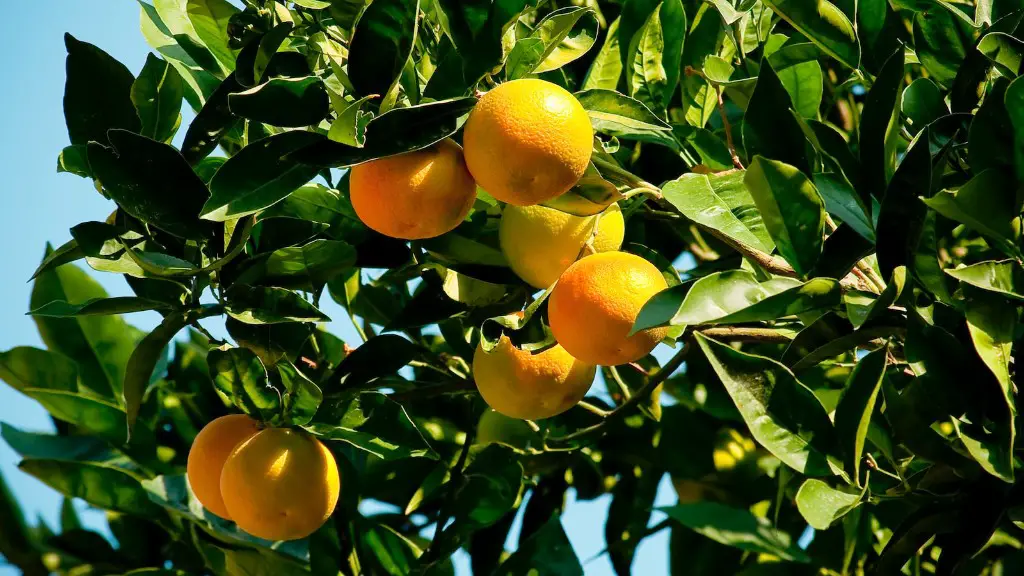Agriculture has played an integral role in the success and growth of New Zealand’s economy. Agriculture accounts for around 4 percent of the country’s GDP and contributes more than $8.5 billion to the economy each year.
From exporting high-value commodities, to creating jobs and stimulating regional economic development, NZ’s agri-food sector plays a fundamental role in driving economic growth.
Agriculture is a major source of employment in New Zealand. It directly employs over 80,000 people and indirectly contributes to many other jobs right along the production chain.
The dairy industry is the main contributor to the agricultural sector and provides the bulk of its export earnings. Dairy exports were worth some $16.2 billion per year in 2018-2019 and a further $7.2 billion was generated through red meat exports.
Dairy Farming in NZ
NZ’s dairy industry has gone from strength to strength in recent decades. In 2019-2020, dairy contributed $10.5 billion in exports, up from $4.1 billion five years prior. Dairy farming provides jobs for more than 50,000 people nationwide.
Modern dairy farming requires highly efficient and expansive infrastructure. This includes a large network of milking machines, feed mills, silage pits and stock yards, as well as refrigerated transporters. All of this equipment is multi-million dollar entities that require service and upkeep to maintain peak performance.
Agricultural Investments
Agriculture-related investments have grown steadily over the last decade. A total of $1.46 billion was invested in agri-food technology in 2018-2019, up from $1.09 billion the previous year.
This large-scale investment has enabled the agricultural sector to keep pace with the global markets and ensure they are able to produce high-quality food products.
Agriculture Exports
NZ’s agri-food exports have seen a consistent increase over recent years. In 2018-2019, it was estimated that New Zealand would export $23.9 billion worth of agricultural products. This is a magnificent achievement given that only 10 years ago the figure was $10.4 billion. The dairy, red meat, forestry, seafood and wine industries have been the primary contributors to this growth.
The Role of Primary Industries
Primary industries have played an important role in the NZ economy, providing valuable exports, jobs, technological innovation and increased GDP. From farming, fishing and forestry, to horticulture, viticulture and apiculture, the primary sector has provided the backbone of the NZ economy for decades.
Innovative Agri-Tech
Agri-tech has been a game-changer for the agricultural sector and has opened new opportunities for producers, processors and distributors. With advancements in technologies such as robotics, artificial intelligence and the Internet of Things, New Zealanders are reaping the rewards of a new era of modern farming.
Creating a Sustainable Future
Agriculture is fundamental to New Zealand’s economic success, now and in the future. The industry will continue to play an important role in creating a more sustainable future. Through educating and training the next generation of agricultural experts and innovators, to encouraging adoption of new technologies and improving practices, the country is well-positioned to remain a leader in global agricultural innovation.
Supporting Regional Growth
New Zealand’s agricultural industry is concentrated in regional areas, making it a major force for regional economic growth. Areas such as Waikato, Hawkes Bay, Otago, Taranaki and Gisborne are all prolific agricultural regions and a prime source of income. Agriculture provides more than just financial gains though, it also encompasses a unique sense of lifestyle uniquely New Zealand.
Encouraging Trade
Agriculture has become an increasingly important tool for encouraging international trade. While the primary export of high-value commodities such as dairy and red meat remains, agriculture has also taken on a much wider role. The industry is now positioned for foreign diplomacy, with countries seeking to build relationships and develop mutual understanding through trade.
Focusing on Sustainability
Sustainability is a growing concern for the agricultural sector, especially with the ever-increasing global demand for food. NZ farmers are responding to this challenge in a number of ways, such as improving their water management, reducing carbon emissions and adopting regenerative farming practices.
Protecting NZ’s Natural Resources
Agriculture is often seen as being in conflict with the environment, however, in reality it can be an important partner that helps protect and conserve NZ’s pristine terrain. By implementing conservation strategies, such as protecting endangered species and reducing the amount of pesticides used, NZ farmers are making sure their industry remains an important economic contributor while helping to protect the country’s natural resources.
Exploring New Opportunities
The agricultural sector is constantly looking for new opportunities to grow and diversify. There have been numerous advances in technology and NZ farmers are leading the way with many adopting modern farming practices and exploring potential ways to benefit from the growing global demand for food. From hemp to alpaca wool, from goats to bees, NZ farmers are experimenting and innovating, embracing the changing climate and seeking new ways to remain profitable.


